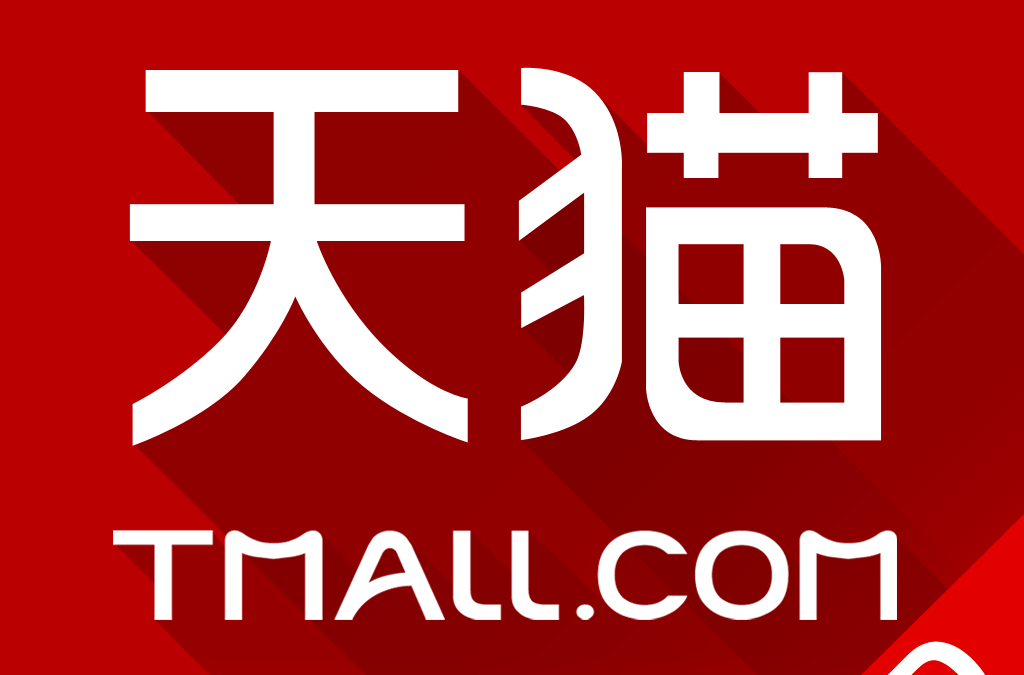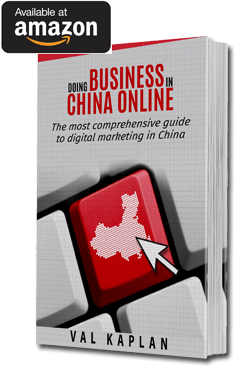Tmall, formerly known as Taobao Mall, is the spin off of Taobao and is focused on B2C sales vs. Taobao’s C2C. It is operated by Alibaba, the famous Chinese internet giant and was designed as a platform to sell authentic branded goods to consumers in Mainland China, Taiwan, Hong Kong and Macau. Tmall.com currently features more than 70,000 international and Chinese brands from more than 50,000 merchants and serves more than 180 million buyers. It holds about 50% of the entire B2C ecommerce market with its closest rival, Jingdong.com, with about 18% market share.
Would opening a Tmall virtual store be a sound strategy for your Chinese market expansion? This depends on several factors which I’m going to discuss next.
The reach
B2C ecommerce market was estimated to be at about 600 billion yuan (~100 billion dollars) in 2013 with Tmall accounting for roughly half of that number. Clearly, if your primary goal is the reach, Tmall platform should be your first choice. Also, Tmall is being positioned for tier 1 and 2 cities, while Taobao covers traditionally less affluent lower tier cities.
Who qualifies
If you are a registered company outside of China, Tmall requires you to be a certified retailer or a trading company and the products should be under your own brand or licensed to you. Also, Tmall has a preference to retailers who have been in business for at least 2 years with the annual turnover of at least 20 million dollars. Of course, if you are a well known international retailer, it would be fairly easy to get approved.
Tmall can be an effective sales and marketing channel for fast moving goods, such as fashion items and apparel. It may not be suitable for companies that want to maintain full control of their brand development and those who seek to project exclusivity, such as luxury goods for instance.
Tmall’s sales conditions
The retailers on Tmall are required to join Tmall’s genuine product protection agreement. If shipped overseas, the products must be delivered with international courier companies through proper customs channels and every shipment must be traceable. All the product specs must be in Chinese and all measurements in metric system. Products should be shipped within 72 hours from order completion and there has to be a return location within Mainland China.
Cost
The costs can be categorized into setup and ongoing. Setup costs include store design at somewhere between RMB6,000 to RMB20,000. Annual fee, aka technical service fee, varies according to product category is set to either RMB30,000 or RMB60,000. The merchant may be able to redeem either half or the full service fee if they reach Tmall’s predefined sales targets for the product. In addition, Tmall requires a deposit which can be set at RMB50,000, RMB100,000 or RMB150,000 based on the chosen store format and the trademark status. The deposit is designed to reimburse customers in case of breach of “Taobao Mall Service Agreement” which prohibits selling counterfeit goods.
Ongoing costs include 5% commission fee on every transaction as well as optional marketing services.
Tmall marketing
Tmall is the part of the larger Alibaba’s ecosystem which actively promotes it within its C2C Taobao platform by pushing Tmall search results to the top. Also, since most Chinese users are already familiar with Alipay payment system, they would feel comfortable using it for Tmall purchases improving conversion rates.
Tmall has its own mobile app for iOS and Android with it’s iPhone app enjoying 4.5 star rating.
Finally, for additional fee, Tmall offers variety of marketing services including banner promotions on its own platform, SEM, and emailing campaigns.
What are the downsides?
Although, Tmall is being actively promoted by Alibaba as the store for genuine products for discerning customers, it still suffers from the perception that it’s just another offshoot of Taobao which focuses on low prices and discounts. Some companies are concerned about their reputation being damaged if they become associated with the platform.
Another drawback is that Tmall allows only limited space and tools to express stores specific brand identity and the expression of a unique marketing message.
In conclusion, Tmall can be an effective sales and marketing channel for fast moving goods, such as fashion items and apparel. It may not be suitable for companies that want to maintain full control of their brand development and those who seek to project exclusivity, such as luxury goods for instance.
One possible strategy to consider is to use Tmall as one of the sales channels that complements the original ecommerce site where customers can go for more information about the brand and, perhaps, more sophisticated buying experience.



